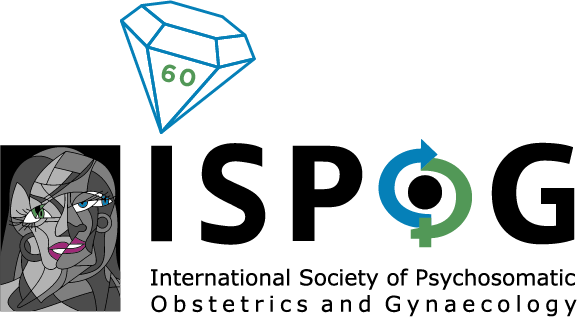 Since 1962
16 Countries
1.546 Members
Since 1962
16 Countries
1.546 Members
 Since 1962
16 Countries
1.546 Members
Since 1962
16 Countries
1.546 Members


In war and other situations of conflict, care for women and children is especially vulnerable and reproductive rights will be violated. Obstetric and gynaecologic care is more difficult under these circumstances and health care workers cannot do their jobs properly and may become victims of war themselves. Also, war and conflict-related migration are known to be associated with increased levels of gender-based violence, mental ill-health and human rights deprivations. Therefore, war has long-term and transgenerational implications for reproductive health.
Currently, the war in Ukraine, with the attendant civilian casualties, separation of families, and influx of refugees into neighbouring countries is one of these situations that abhors the world. It challenges the global community to be proactive in addressing the plight of vulnerable persons, particularly women and children.
The International Society of Psychosomatic Obstetrics and Gynaecology (ISPOG) calls on governments and nongovernmental organisations to ensure the timely implementation of extant guidelines and interventions developed from the experiences of families and communities affected by warfare elsewhere in the world over the last three decades.
This Spring, many members of ISPOG were travelling to meet colleagues and engage in meetings. On 2 February 2024, the first Nordic symposium of ISPOG was organized in Copenhagen by […]
Read more »o. Univ-Prof. Dr. Med. Marianne Springer-Kremser (11.11.1940 – 26.02.2023) It is with great regret that we have to inform you about the sudden and unexpected death of Marianne Springer-Kremser. With […]
Read more »Dr. Péter Szeverényi, MD PhD Obstetrician – Gynaecologist, Clinical Psychologist (1949-2023) Dr Szeverényi belonged to those few in the field of obstetrics and gynaecology in Hungary who represent the family-centred […]
Read more »